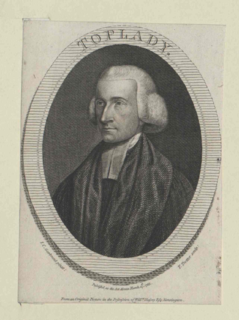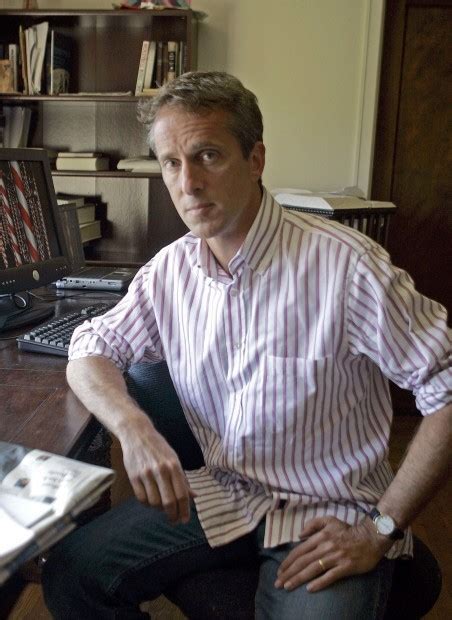A Quote by Joseph Butler
The sum of the whole is plainly this: The nature of man considered in his single capacity, and with respect only to the present world, is adapted and leads him to attain the greatest happiness he can for himself in the present world.
Related Quotes
We but mirror the world. All the tendencies present in the outer world are to be found in the world of our body. If we could change ourselves, the tendencies in the world would also change. As a man changes his own nature, so does the attitude of the world change towards him. This is the divine mystery supreme. A wonderful thing it is and the source of our happiness. We need not wait to see what others do.
In the present age, man proves his separation from his Creator by his spirit of self-sufficienc y and positive rejection of God. The present issue between God and man is one of whether man will accept God's estimate of him, abandon his hopeless self-struggle, and cast himself only on God who alone is sufficient to accomplish his needed transformation.
Do what he will, he [the profane man] is an inheritor. He cannot utterly abolish his past, since he himself is a product of his past. He forms himself by a series of denials and refusals, but he continues to be haunted by the realities that he has refused and denied. To acquire a world of his own, he has desacralized the world in which his ancestors lived; but to do so he has been obliged to adopt an earlier type of behavior, and that behavior is still emotionally present in him, in one form or another, ready to be reactualized in his deepest being.
All poets pretend to write for immortality, but the whole tribe have no objection to present pay, and present praise. Lord Burleigh is not the only statesman who has thought one hundred pounds too much for a song, though sung by Spenser; although Oliver Goldsmith is the only poet who ever considered himself to have been overpaid.
Only to two or three persons in all the world are the reminiscences of a man's early youth interesting: to the parent who nursed him; to the fond wife or child mayhap afterwards who loves him; to himself always and supremely--whatever may be his actual prosperity or ill fortune, his present age, illness, difficulties, renown, or disappointments--the dawn of his life still shines brightly for him, the early griefs and delights and attachments remain with him ever faithful and dear.
I thought, He must forebear to reveal His power and glory by presenting Himself as Himself, and must be present only in the ordinary miracle of the existence of His creatures. Those who wish to see Him must see Him in the poor, the hungry, the hurt, the wordless creatures, the groaning and travailing beautiful world.
But there's the rub. The present can never deliver one thing: meaning. The way of happiness and meaning are not the same. To find happiness, a man need only live in the moment; he need only live for the moment. But if he wants meaning--the meaning of his dreams, his secrets, his life--a man must reinhabit his past, however dark, and live for the future, however uncertain. Thus nature dangles happiness and meaning before us all, insisting only that we choose between them.
Meditative state is the highest state of existence. So long as there is desire, no real happiness can come. It is only the contemplative, witness-like study of objects that brings to us real enjoyment and happiness. The animal has its happiness in the senses, the man in his intellect, and the god in spiritual contemplation. It is only to the soul that has attained to this contemplative state that the world really becomes beautiful. To him who desires nothing, and does not mix himself up with them, the manifold changes of nature are one panorama of beauty and sublimity.
How fleeting are the wishes and efforts of man! how short his time! and consequently how poor will his products be, compared with those accumulated by nature during whole geological periods. Can we wonder, then, that nature's productions should be far 'truer' in character than man's productions; that they should be infinitely better adapted to the most complex conditions of life, and should plainly bear the stamp of far higher workmanship?
In the spiritual world there are no time divisions such as the past, present and future; for they have contracted themselves into a single moment of the present where life quivers in its true sense. The past and the future are both rolled up in this present moment of illumination, and this present moment is not something standing still with all its contents, for it ceaselessly moves on.





































